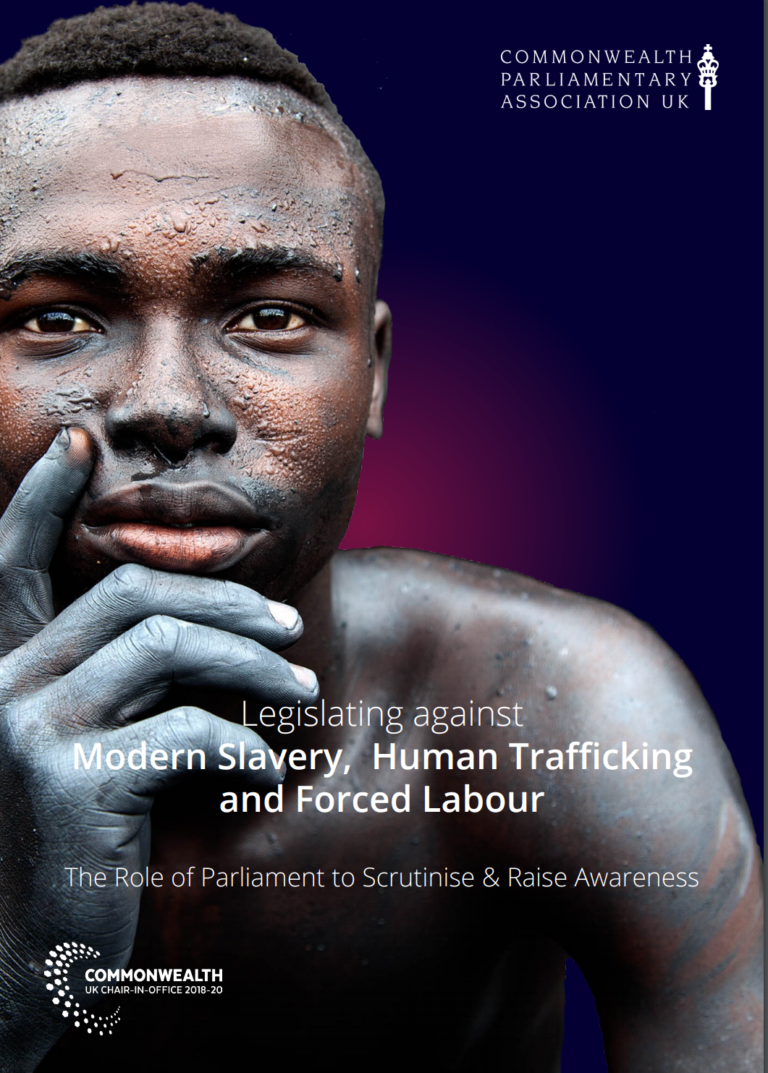Top 5 Labour abuses in 2019-2020- A field-based analysis of worker reporting and business responses In Thailand
COVID-19 resourcesGuidancePublicationsIssara Institute recognizes worker voice as conveying the voices, experiences, and needs of workers, and channeling that voice into clear mechanisms committed to remediation and a rebalancing of power asymmetries between employers and workers. This ...Read More

